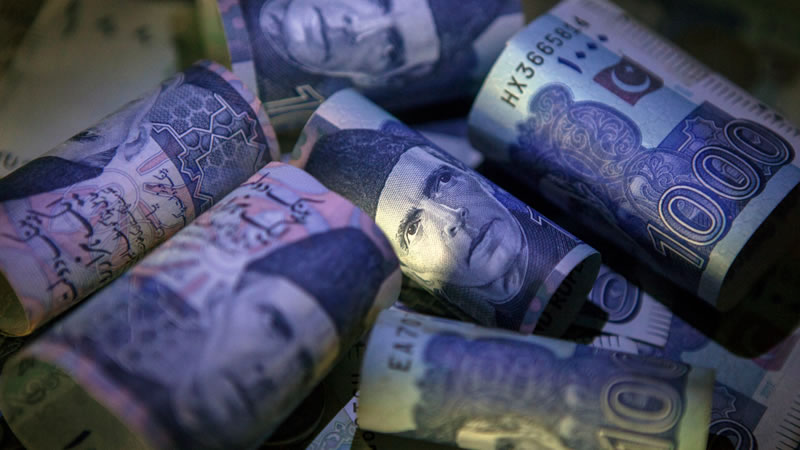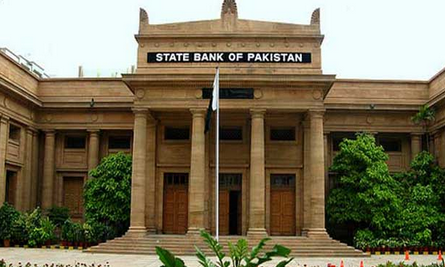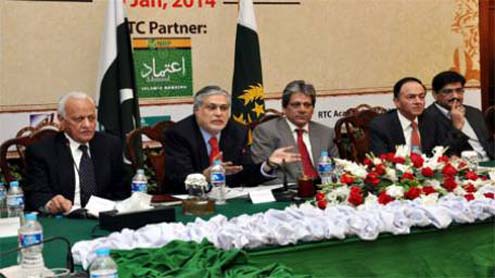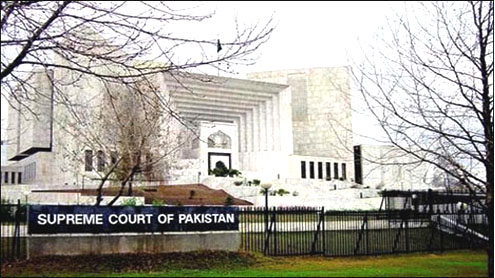 DHAKA: Bangladesh’s Supreme Court on Thursday dismissed a final attempt by Nobel-winning microfinance pioneer Muhammad Yunus to overturn an order sacking him from the bank he founded.Yunus’s lawyers lodged a recall request after his appeal was turned down last month in a power struggle with the government for control of Grameen Bank, where he developed the concept of microfinance cash loans to tackle poverty.“The Supreme Court has dismissed Yunus’s final petition,” Attorney General Mahbubey Alam told AFP after a short hearing which Yunus did not attend.“After this order, Yunus should not cling to his position any more,” Alam said. “His legal battle is meaningless. He has wasted the time of the court.”Judges ruled that Grameen Bank was a government institution, not a private bank as Yunus and his legal team have maintained, meaning employees must abide by the state’s mandatory retirement age of 60.Yunus, 70, was removed as head of Grameen Bank by the Bangladesh central bank on March 2 but he defied the order, returning to work and lodging a legal case challenging the dismissal. “It appears this is the end of the legal route,” Tamin Husain Shawan, one of his lawyers, told AFP after the hearing.Yunus and Grameen Bank won the Nobel peace prize in 2006 for creating “economic and social development from below.”The microfinance model has been copied in developing countries around the world and Yunus’s sacking was widely criticised by international supporters and the United States government. “All the board members, borrowers, officers and employees have been deeply hurt by the Supreme Court verdict,” Grameen Bank said in a statement. “All of them are concerned about the bank’s future.”Lobby group Friends of Grameen said it was “deeply disappointed and saddened by the decision.” “We are extremely preoccupied about the independence of the bank and of microcredit institutions in Bangladesh,” it added. The group said the government must not exert greater control over Grameen Bank, warning that this “poses a serious threat, with devastating ramifications on microcredit and social business activities in Bangladesh. – Dailytimes
DHAKA: Bangladesh’s Supreme Court on Thursday dismissed a final attempt by Nobel-winning microfinance pioneer Muhammad Yunus to overturn an order sacking him from the bank he founded.Yunus’s lawyers lodged a recall request after his appeal was turned down last month in a power struggle with the government for control of Grameen Bank, where he developed the concept of microfinance cash loans to tackle poverty.“The Supreme Court has dismissed Yunus’s final petition,” Attorney General Mahbubey Alam told AFP after a short hearing which Yunus did not attend.“After this order, Yunus should not cling to his position any more,” Alam said. “His legal battle is meaningless. He has wasted the time of the court.”Judges ruled that Grameen Bank was a government institution, not a private bank as Yunus and his legal team have maintained, meaning employees must abide by the state’s mandatory retirement age of 60.Yunus, 70, was removed as head of Grameen Bank by the Bangladesh central bank on March 2 but he defied the order, returning to work and lodging a legal case challenging the dismissal. “It appears this is the end of the legal route,” Tamin Husain Shawan, one of his lawyers, told AFP after the hearing.Yunus and Grameen Bank won the Nobel peace prize in 2006 for creating “economic and social development from below.”The microfinance model has been copied in developing countries around the world and Yunus’s sacking was widely criticised by international supporters and the United States government. “All the board members, borrowers, officers and employees have been deeply hurt by the Supreme Court verdict,” Grameen Bank said in a statement. “All of them are concerned about the bank’s future.”Lobby group Friends of Grameen said it was “deeply disappointed and saddened by the decision.” “We are extremely preoccupied about the independence of the bank and of microcredit institutions in Bangladesh,” it added. The group said the government must not exert greater control over Grameen Bank, warning that this “poses a serious threat, with devastating ramifications on microcredit and social business activities in Bangladesh. – Dailytimes












